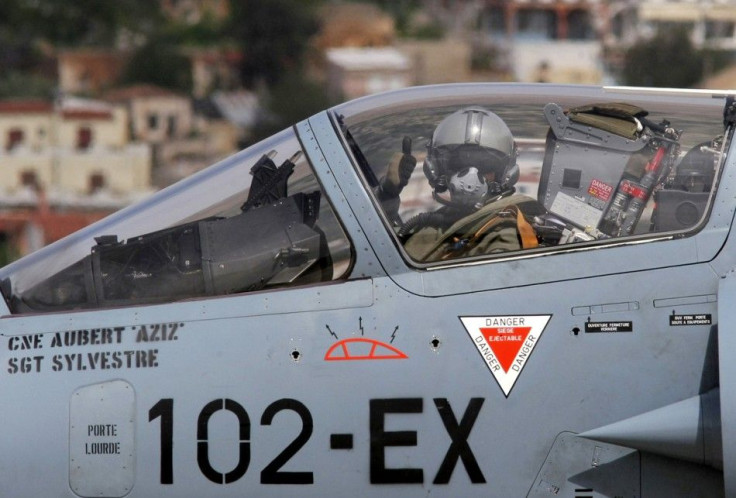Military Solution Not Enough in Libya, NATO Says

A top NATO official on Thursday said there is no purely military solution to the crisis in Libya, as the coalition of North American and European nations took control of protecting civilians while rebels fighting Gaddafi-backed forces suffered setbacks after gains earlier in the week and talk of arming them grew.
The focus of our mission is to protect the civilian population, said Adm Giampaolo di Paola, Chaiman of the NATO Military Committee in statements to reporters from NATO headquarters in Brussels.
We know that this is a challenging endeavor and the situation on the ground is complex. We are also aware that there is no purely military solution to the crisis, he said.
Earlier in the week representatives from 40 countries and organizations gathered in London for a conference on the political way forward in Libya to pressure Col. Muammar Gaddafi to leave.
Early in the military intervention, the United States, Britain and France enforced a no-fly zone over the country that has taken out Libyan air defenses under a United Nation's resolution. The forces also had a mandate to prevent Gaddafi forces from reaching too far eastward, threatening civilians in Libya's second largest city, Benghazi.
NATO has assumed control of that effort, with many of the same countries along with Arab partners providing military assets to implement the resolutions.
NATO is also in charge of providing humanitarian aid through member countries. The United States, which played a key military role in early attacks on Libya's air defenses will be providing the alliance intelligence, and logistical support. Partners including Britain and France will enforce the no-fly zone.
Rebels Retreat
Gaddafi's forces have beaten back rebels, recapturing a pair of key oil cities they lost amid the alliance's air assault. They are now threatening to push farther east.
As of early Friday, reports show some rebels have remained in Ajdabiya, a city about 50 miles northeast of Brega, an oil exporting base. Rebels had advanced as far west as Ras Lanuf, where oil refineries are earlier in the week.
Amid the rebel retreat, the international conversation has turned to whether the international community or specific countries such as the U.S., and France should arm rebels.
It was revealed on Wednesday in a reports by Reuters and ABC citing unidentified sources that over the past two or three weeks, President Barack Obama had signed an order secretly authorized of the Central Intelligence Agency to enter Libya and learn more about the rebels.
Obama has not ruled out arming the rebels, according to White House spokesman Jay Carney.
On Tuesday, Secretary of State Hillary Clinton said arming the rebels was permitted under a set of United Nations resolutions, the latest of which calls for the protection of Libyan civilians by all means necessary short of a foreign occupation.
© Copyright IBTimes 2024. All rights reserved.





















